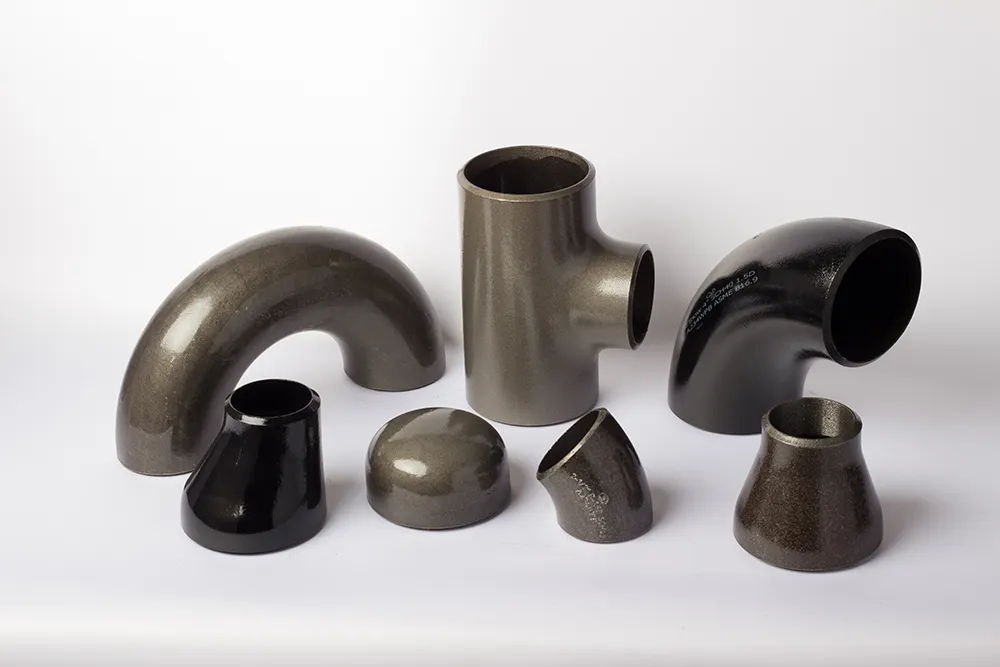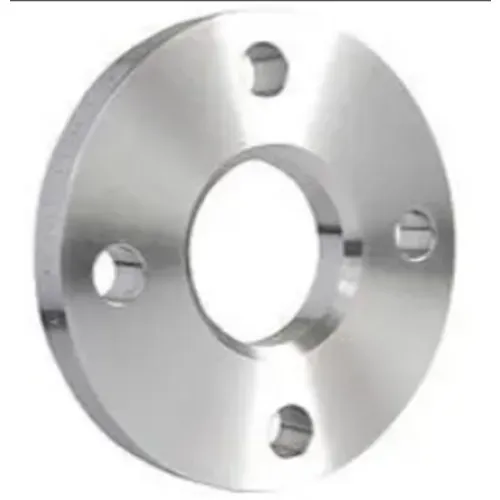-
Cangzhou Yulong Steel Co., Ltd.
-
Phone:
+86 13303177267 -
Email:
admin@ylsteelfittings.com
- English
- Arabic
- Italian
- Spanish
- Portuguese
- German
- kazakh
- Persian
- Greek
- French
- Russian
- Polish
- Thai
- Indonesian
- Vietnamese
- Zulu
- Korean
- Uzbek
- Hindi
- Serbian
- Malay
- Ukrainian
- Gujarati
- Haitian Creole
- hausa
- hawaiian
- Hebrew
- Miao
- Hungarian
- Icelandic
- igbo
- irish
- Japanese
- Javanese
- Kannada
- Khmer
- Rwandese
- Afrikaans
- Albanian
- Amharic
- Armenian
- Azerbaijani
- Basque
- Belarusian
- Bengali
- Bosnian
- Bulgarian
- Catalan
- Cebuano
- China
- China (Taiwan)
- Corsican
- Croatian
- Czech
- Danish
- Esperanto
- Estonian
- Finnish
- Frisian
- Galician
- Georgian
- Kurdish
- Kyrgyz
- Lao
- Latin
- Latvian
- Lithuanian
- Luxembourgish
- Macedonian
- Malgashi
- Malayalam
- Maltese
- Maori
- Marathi
- Mongolian
- Myanmar
- Nepali
- Norwegian
- Norwegian
- Occitan
- Pashto
- Dutch
- Punjabi
- Romanian
- Samoan
- Scottish Gaelic
- Sesotho
- Shona
- Sindhi
- Sinhala
- Slovak
- Slovenian
- Somali
- Sundanese
- Swahili
- Swedish
- Tagalog
- Tajik
- Tamil
- Tatar
- Telugu
- Turkish
- Turkmen
- Urdu
- Uighur
- Welsh
- Bantu
- Yiddish
- Yoruba

មករា . 09, 2025 12:35 Back to list
types of pipe caps
Understanding the various types of pipes is crucial for both personal and professional projects, as they each have distinct characteristics, uses, and benefits. From plumbing and construction to landscaping and engineering, selecting the right pipe can lead to cost-effective solutions and optimal performance. Here's an in-depth look at the diverse types of pipes commonly used across different industries.
Galvanized steel pipes historically played a significant role in water transportation until being replaced by more modern materials due to issues with rust and potential for lead contamination over time. Nonetheless, they still find use in outdoor applications and for transporting non-potable water owing to their strength and rigidity. Their zinc coating provides an initial barrier against corrosion, though it eventually wears down in frequent use scenarios. One cannot overlook HDPE (High-Density Polyethylene) pipes when discussing versatility and resilience. These pipes stand out for their flexibility, being able to bend without breaking, which reduces the necessity for numerous connector joints. Ideal for both above-ground and underground use, HDPE pipes offer excellent resistance to chemicals and impact, making them suitable for industrial applications or areas prone to geological activity. For specific high-performance requirements, metal pipes such as stainless steel offer unparalleled strength and corrosion resistance. These are often utilized in industries subjected to high-stress or corrosive environments, such as chemical factories and desalination plants. Though the cost is significantly higher than other types, the investment pays off in longevity and minimal maintenance requirements. As technology evolves, so do the materials and methods employed in pipe manufacturing. Selecting the proper pipe type not only enhances structural integrity but ensures efficiency, safety, and longevity. Consultants and professionals constantly assess advancements in piping to provide optimized solutions catering to specific project needs. In conclusion, understanding each pipe material's properties and applications ensures better decision-making, leading to successful implementations in both large-scale projects and everyday applications.


Galvanized steel pipes historically played a significant role in water transportation until being replaced by more modern materials due to issues with rust and potential for lead contamination over time. Nonetheless, they still find use in outdoor applications and for transporting non-potable water owing to their strength and rigidity. Their zinc coating provides an initial barrier against corrosion, though it eventually wears down in frequent use scenarios. One cannot overlook HDPE (High-Density Polyethylene) pipes when discussing versatility and resilience. These pipes stand out for their flexibility, being able to bend without breaking, which reduces the necessity for numerous connector joints. Ideal for both above-ground and underground use, HDPE pipes offer excellent resistance to chemicals and impact, making them suitable for industrial applications or areas prone to geological activity. For specific high-performance requirements, metal pipes such as stainless steel offer unparalleled strength and corrosion resistance. These are often utilized in industries subjected to high-stress or corrosive environments, such as chemical factories and desalination plants. Though the cost is significantly higher than other types, the investment pays off in longevity and minimal maintenance requirements. As technology evolves, so do the materials and methods employed in pipe manufacturing. Selecting the proper pipe type not only enhances structural integrity but ensures efficiency, safety, and longevity. Consultants and professionals constantly assess advancements in piping to provide optimized solutions catering to specific project needs. In conclusion, understanding each pipe material's properties and applications ensures better decision-making, leading to successful implementations in both large-scale projects and everyday applications.
Next:
Latest news
-
ANSI 150P SS304 SO FLANGE
NewsFeb.14,2025
-
ASTM A333GR6 STEEL PIPE
NewsJan.20,2025
-
ANSI B16.5 WELDING NECK FLANGE
NewsJan.15,2026
-
ANSI B16.5 SLIP-ON FLANGE
NewsApr.19,2024
-
SABS 1123 FLANGE
NewsJan.15,2025
-
DIN86044 PLATE FLANGE
NewsApr.19,2024
-
DIN2527 BLIND FLANGE
NewsApr.12,2024
-
JIS B2311 Butt-Welding Fittings LR/SR 45°/90° /180°Seamless/Weld
NewsApr.23,2024











